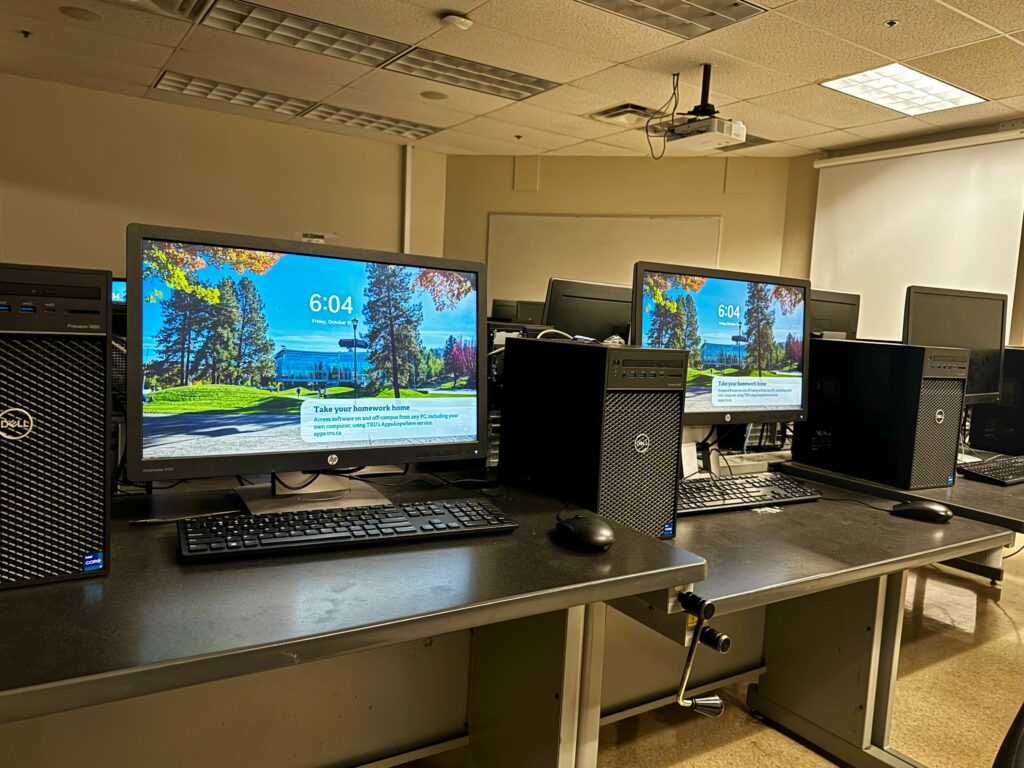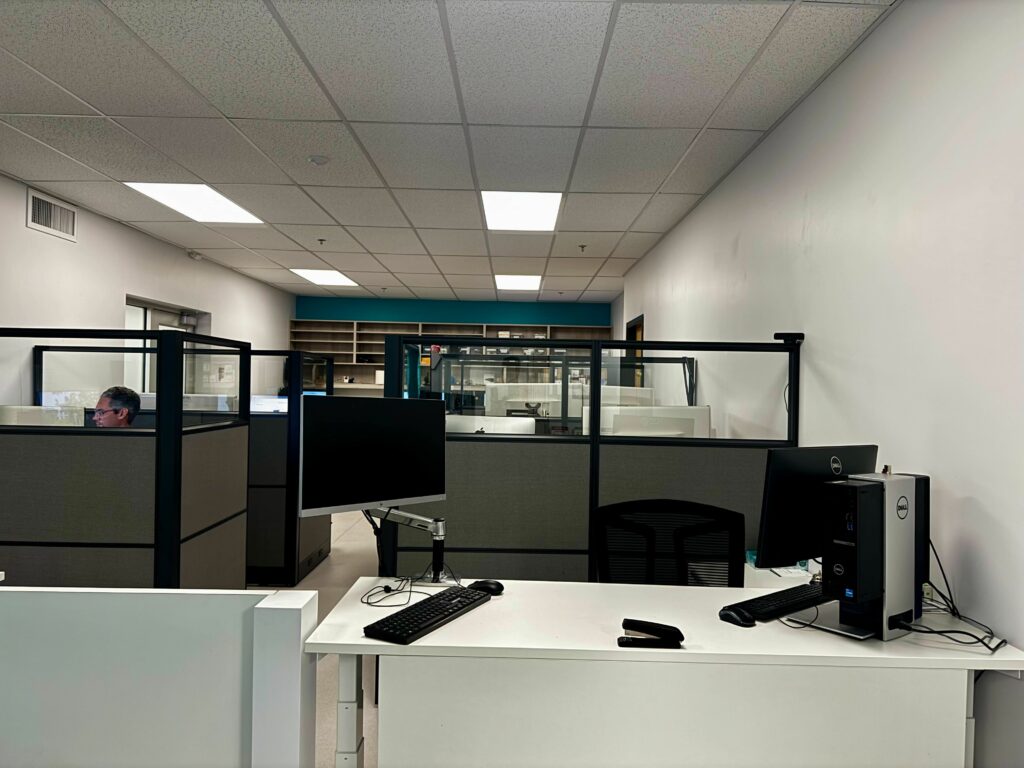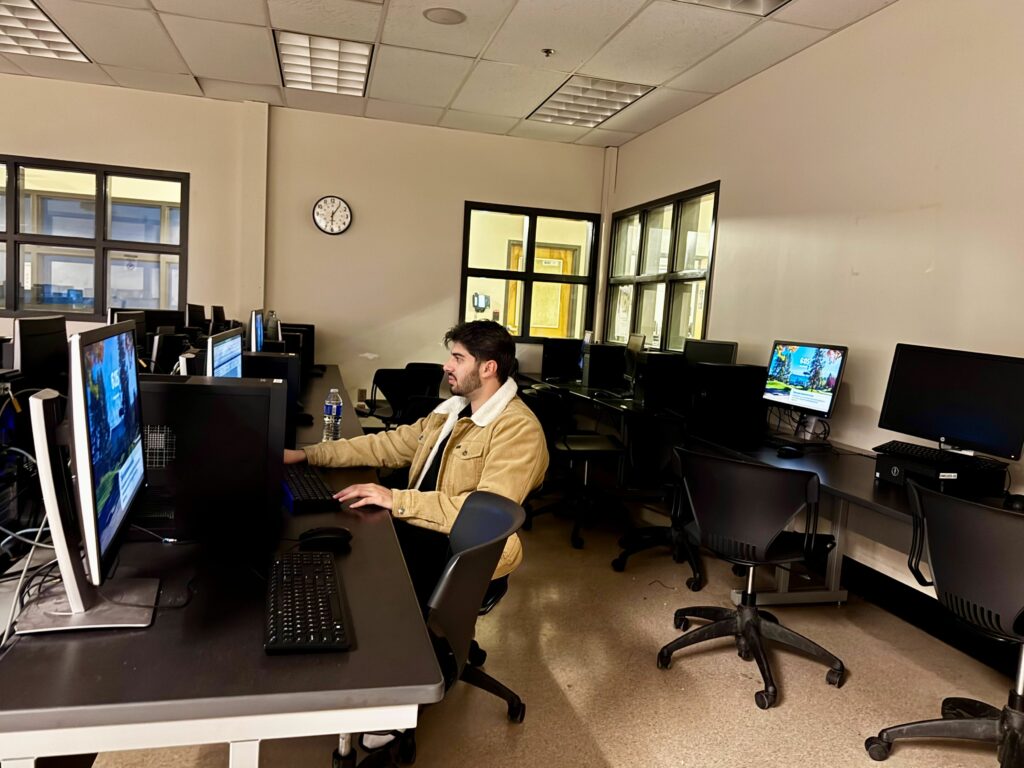Universities are seeing significant changes as artificial intelligence (AI) develops. Whether AI will drastically lessen the necessity for traditional professor employment is one of the main questions. The future of education is rapidly changing, with AI-driven systems managing everything from personalized learning programs to grading.
The ability of AI to design flexible learning settings has resulted in highly customized instruction. Artificial Intelligence (AI) may suggest study materials, modify difficulty levels, and deliver immediate feedback using algorithms that evaluate student performance. Previously, one-on-one instruction was the only way to achieve this degree of personalization. Students may therefore advance at their own speed, frequently with little assistance from humans. In addition, administrative jobs that were formerly completed by employees are increasingly becoming mechanized. Chatbots may now help with registration, questions from students, and even mental health services. This begs the issue of whether academic institutions will continue to require as many human workers as possible for administrative positions, or if they will shift their attention to more specialized labor.


But AI won’t be able to replace professors entirely anytime soon. Even if AI is effective, a lot of educators think it cannot take the position of human instructors’ emotional intelligence, creative problem-solving, and mentoring. Universities have a problem in integrating AI while maintaining the vital human element that encourages in-depth study, critical thinking, and intellectual curiosity.
In the end, artificial intelligence is changing higher education, but it is unclear if this will mean a whole revamp of teaching positions.
By Rashid Chowdhury
